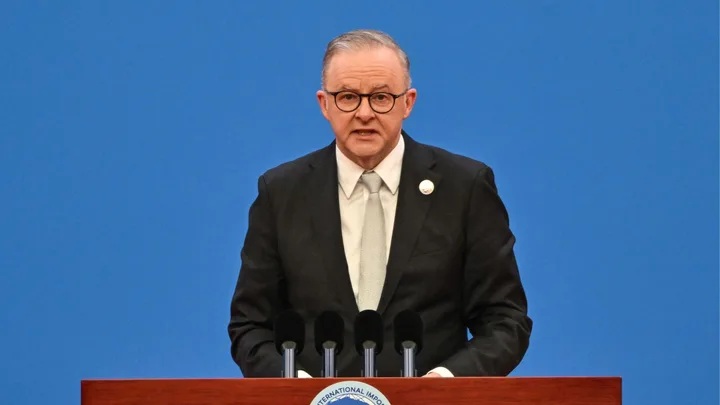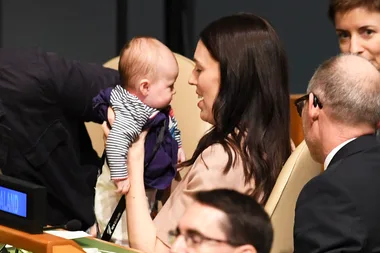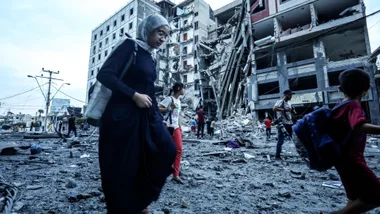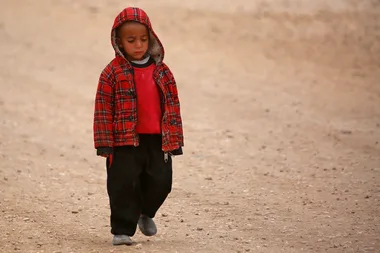Prime Minister Anthony Albanese revealed a joint statement with the Prime Ministers of Canada and New Zealand calling for a ceasefire on the Gaza Strip. The new position on the Israel-Hamas conflict aims to end the “continuous suffering” of citizens living in the area.
“We are alarmed at the diminishing safe space for civilians in Gaza,” the joint statement said. “The price of defeating Hamas cannot be the continuous suffering of all Palestinian civilians.”
For context on the ongoing Israel-Hamas conflict, see here.
The decision comes as the loss of life on the Gaza strip mounts. The Guardian reports that the death toll from Israel’s offensive in Palestine has passed 18,000 people.
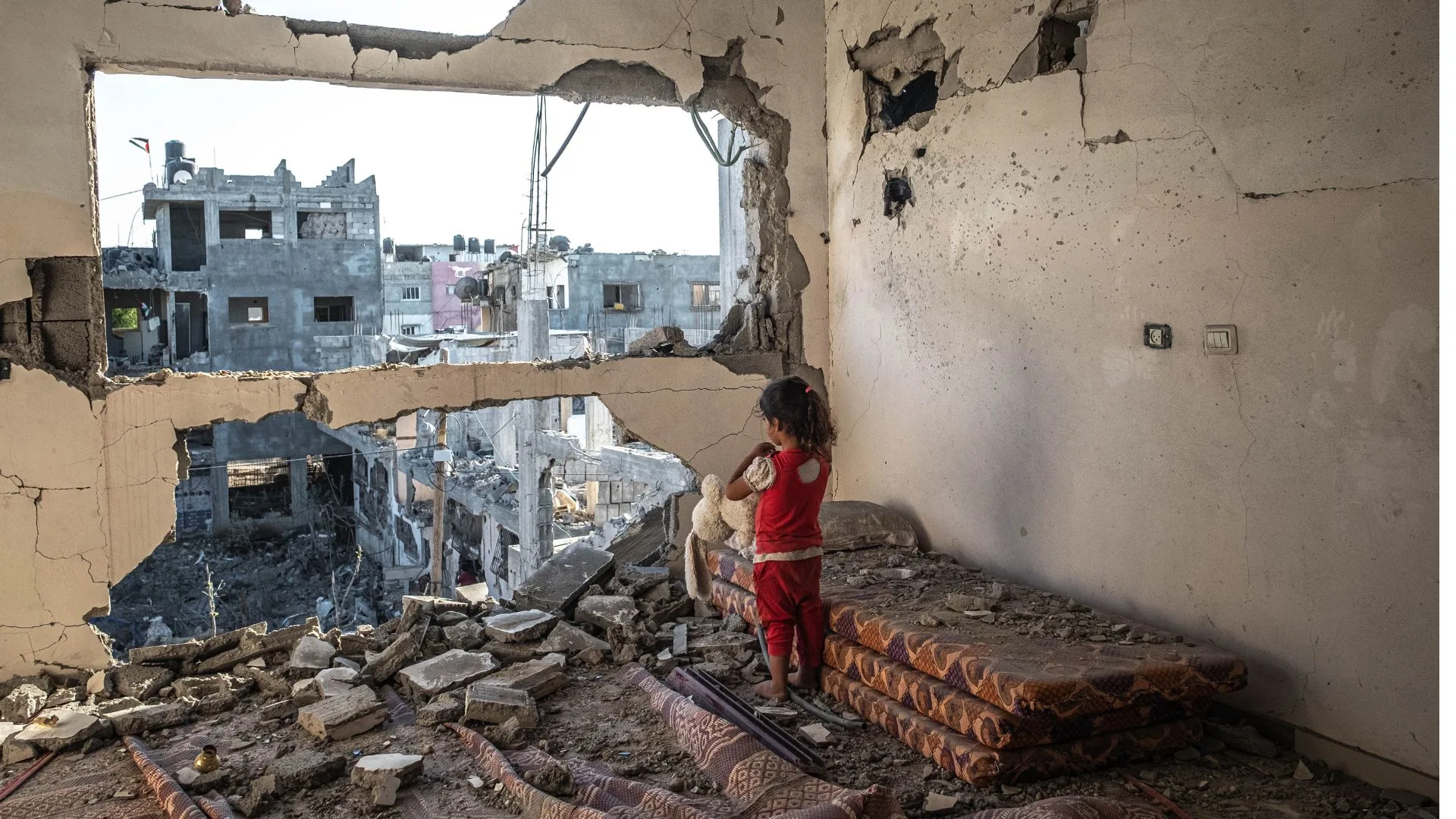
The Prime Ministers’ joint statement supports “urgent international efforts towards a sustainable ceasefire”. The statement called for ceasefire on both sides, including the release of Hamas’ hostages.
“Hamas must release all hostages, stop using Palestinian civilians as human shields and lay down its arms,” they said.
They also addressed the wider clashes happening in home communities.
“We condemn rising antisemitism, Islamophobia, and anti-Arab sentiment in our countries and around the world and remain firmly committed to combatting prejudice, hatred, and violent extremism,” the Prime Ministers said.
Following their statement, Australia voted for ceasefire at an emergency special session of the United Nations general assembly. Only ten nations, including the United States have voted against ceasefire, while 23 countries including the United Kingdom have abstained. Australia is in company with 153 countries in support of a ceasefire.
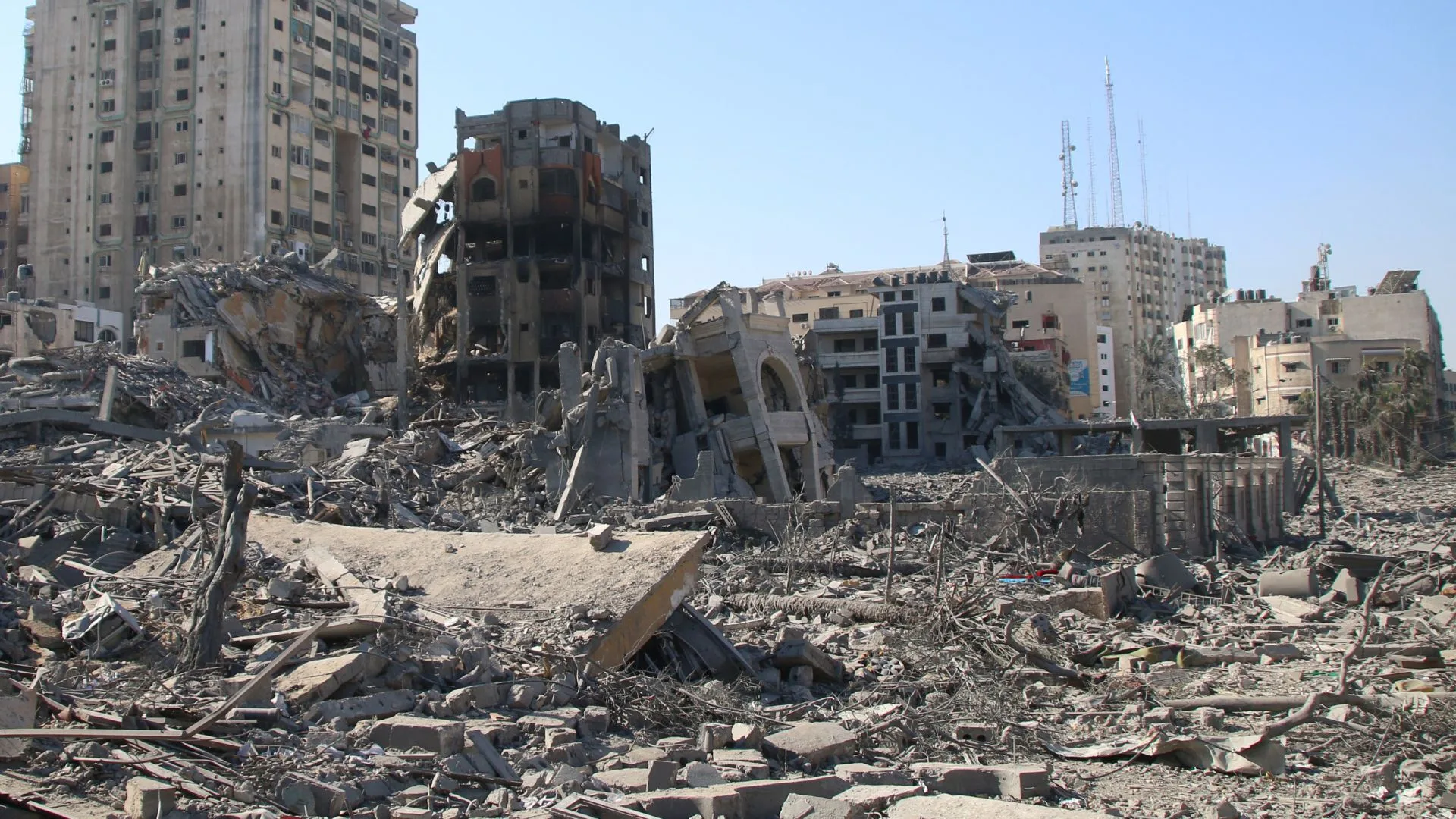
What Does A UN ‘Emergency Special Session’ Ceasefire Vote Mean?
The UN’s security council oversees the maintenance of international peace. When they are unable to do so, the UN’s general assembly meet in an ‘emergency special session’ to discuss collective measures with its members, aiming to restore peace.
A member state can request the UN’s President to convene a session, which may recommend collective measures such as a ceasefire, or, in the case of “a breach of the peace or act of aggression, as a last resort, the use of armed force when necessary”, according to the UN.
Generally, the member states hear from the countries of concern and then the issue is debated, voted upon, and resolutions are drafted.
If two thirds of member states adopt the resolutions, the UN’s general assembly provides guidance for the nations. Past resolutions have included a request of opinion from the International Court of Justice, a request for a UN-led force to intervene and supervise ceasefire and more.
Australia openly supporting a ceasefire at the UN general assembly adds another country to the building majority hoping to see recommendations given to end the civilian suffering in Israel and Palestine.
While the assembly’s resolutions are not legally binding to force governments to act, they “carry the weight of the world opinion and the moral authority of the world community”. Essentially, Australia’s vote adds pressure on world leaders to act on a ceasefire they may not have ordinarily entertained.
